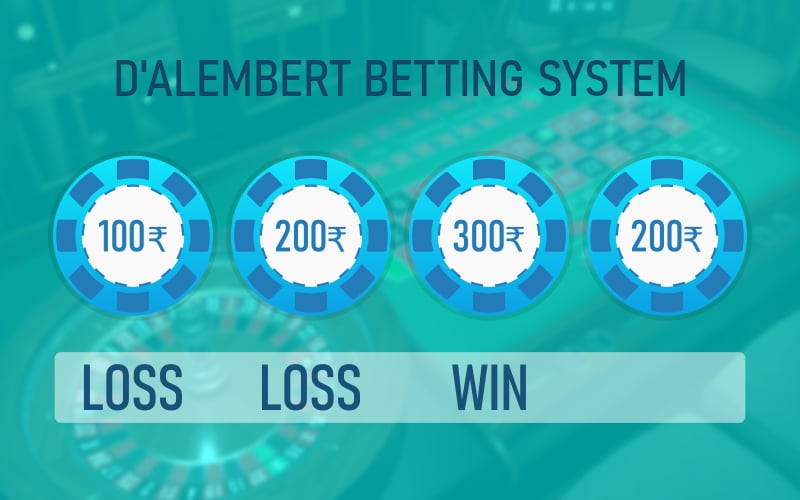Home » Casino news » What Are the Most Popular Roulette Strategies?
What Are the Most Popular Roulette Strategies?
If you have played as much roulette as we have, you have certainly wished you could control the wheel. Especially when are one number shy of landing a win! While we cannot force Lady Luck’s hand, we can do our part in getting lucky. For a while now, players have been trying to create defined roulette strategies inspired by titles like blackjack. A way to play that can positively affect your RTP.
The nature of everyone’s favourite numbered wheel makes that impossible. So punters turned to betting systems to give themselves an edge! This article will discuss a few of the most popular roulette systems that players use in every day gameplay. Each comes with their own upsides and downsides, so choose carefully!
Roulette Strategy Basics
Before you start using strategies to give yourself an edge, there are some things worth noting. First, all betting systems rely on you playing specific outside bets in roulette. These wagers are Red/Black, Odd/Even and High/Low. The latter is usually marked on the betting board with 1-18/19-36. These outside bets are the closest thing roulette gives you to 50-50 odds, which is why all strategies use them.
Furthermore, our guide will discuss progressive roulette strategies. While non-progressive betting systems do exist, their effectiveness is very limited. Many of them boil down to trying to force a win, which we feel is not a valid strategy. Regardless of which strategy you decide to employ, remember to stay within your limits.
Martingale – A Timeless Classic
If a casino game exists, someone has tried to use the Martingale system on it. In fact, Martingale on a roulette table is something we have already written about due to its popularity. It relies on a primal aspect of human nature that puts its faith on luck. As such, the Martingale strategy is one that has been used by countless punters throughout history.
How do you play Martingale on a roulette wheel? It only comes into effect after you lose a round. Following Martingale’s strategy, you will double your previous wager. That way, if you win the next round, you will have made your money back. If you lose again, you need to double your bet again. Your luck will shift eventually, and you will need just one win to make all your losses back.
Of course, the problem of budget quickly arises. Unless you are a high roller, you probably do not have the funds to double your wager carelessly. It is also possible to hit a losing streak and burn all your cash in a few rounds. This makes it quite risky, which our next roulette betting strategy solves to a degree.
D’Alembert – Controlled Losses
The basic idea behind D’Alembert’s system is similar to Martingale. When you lose, you increase your wager. However, this strategy does not carelessly double your bet. Instead, increases are done in a measure of units. To make it easier to understand, we will give you an example.

We present the most popular Roulette betting systems.
We start an imaginary round of roulette, playing with ₹100. We spin the wheel but end up losing. This means we increase our wager by one unit, which is ₹100. For the next round, we would be playing with ₹200. If lose again, we add another unit and play with ₹300. However, winning allows you to decrease your stake by one unit. If we won the upcoming spin, we would go back to ₹200. Sweet, simple, and easy to understand!
Paroli – Look at the Bright Side of Life
Martingale and D’Alembert systems are negative progression betting systems. They work to mitigate your losses. Paroli’s betting system is a positive progression betting system, which increases your wager after a win. The goal is to chase after winning streaks and use them to maximize your profits. The team at Indiancasinoclub.in frequently use it in our own games of roulette for this reason.
In some aspects, it is similar to Martingale. Every time you win, you double your wager. If you played ₹100 and won, your next bet would be ₹200, then ₹400, and so on. However, this does not go on forever. Instead, Paroli’s system ‘resets’ after a while to allow you to bank some of your wins. We do the reset after three wins. You can reset after four or more wins, but run a higher risk of a loss sinking all your gains.
